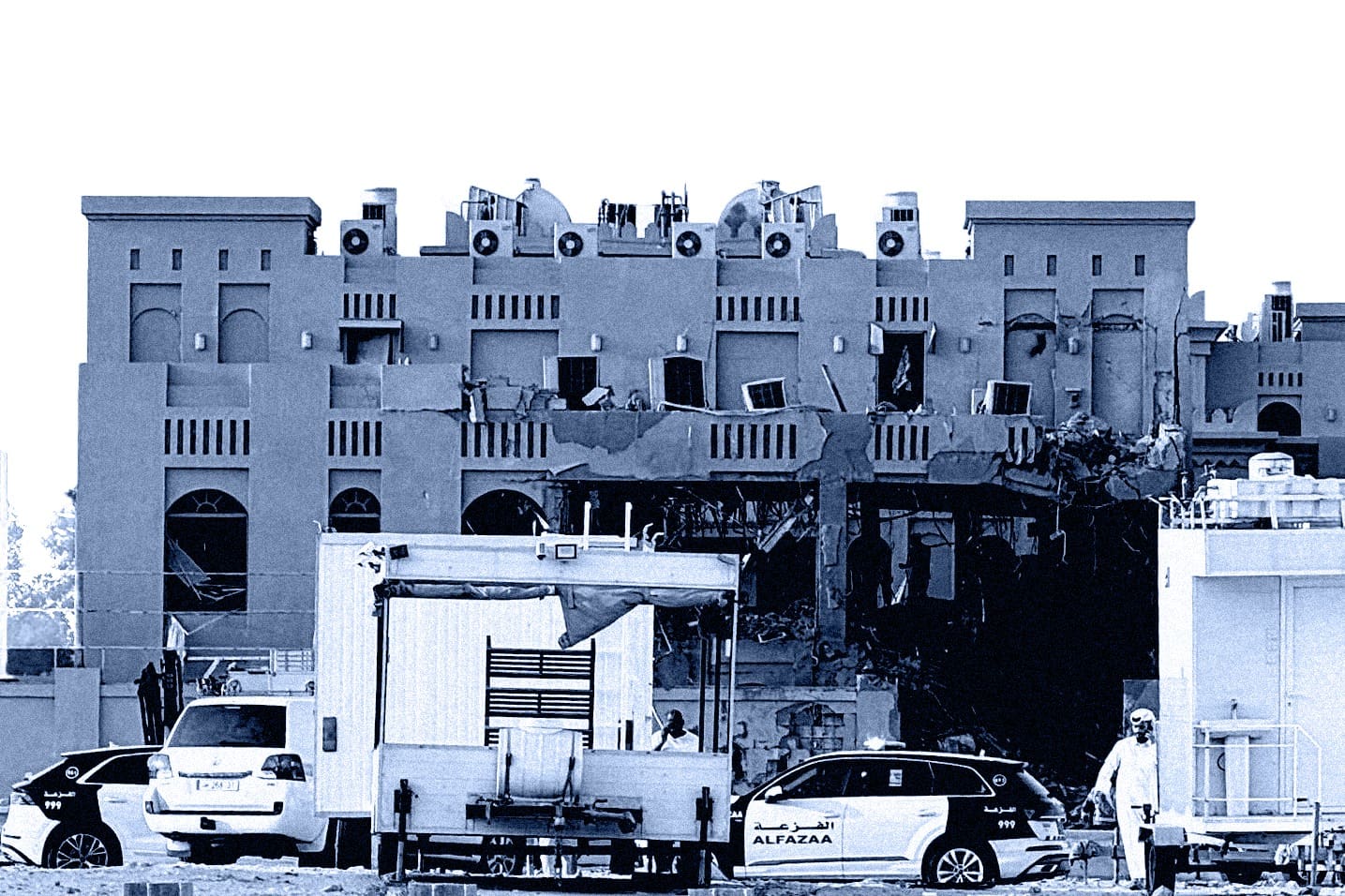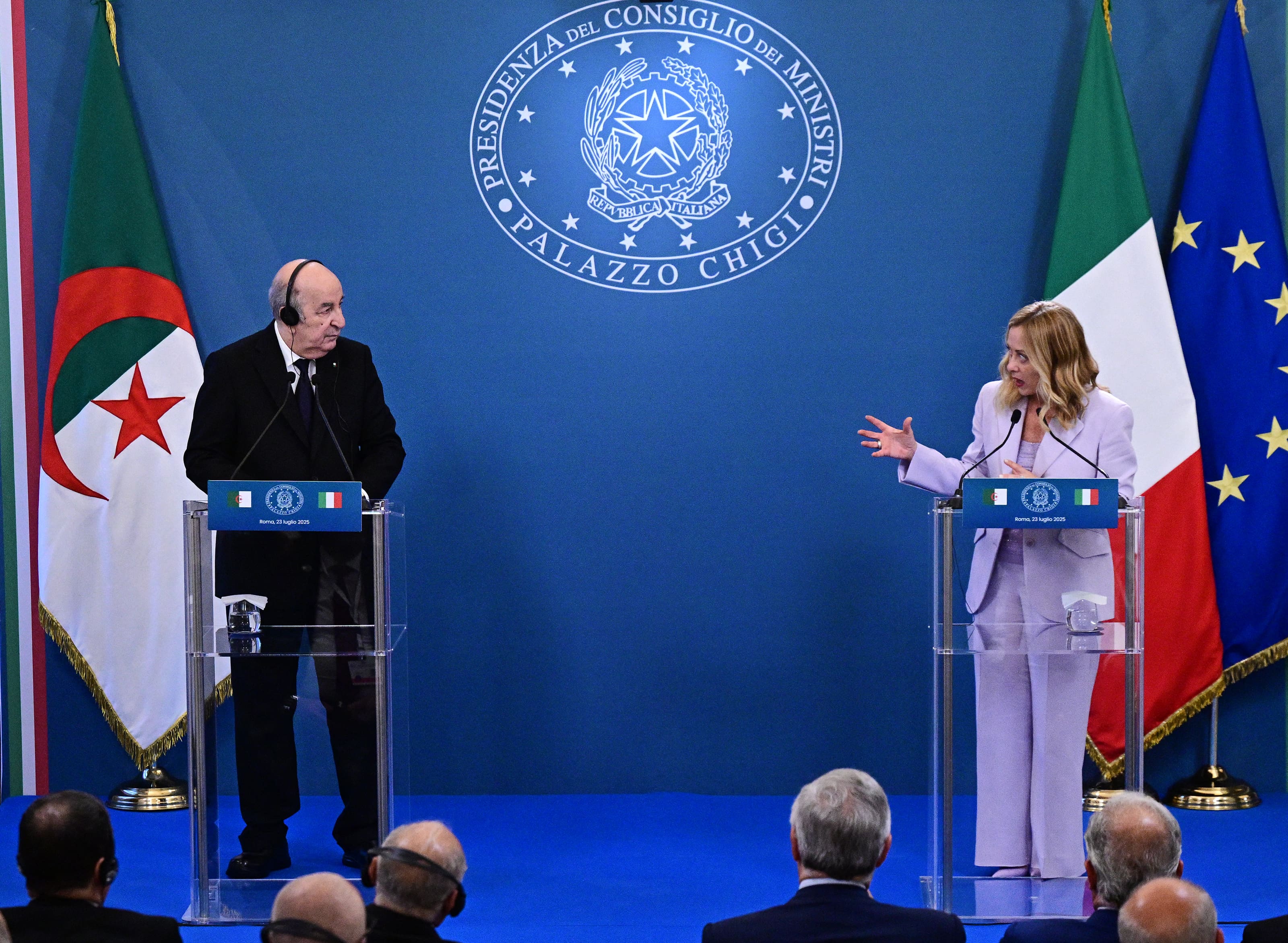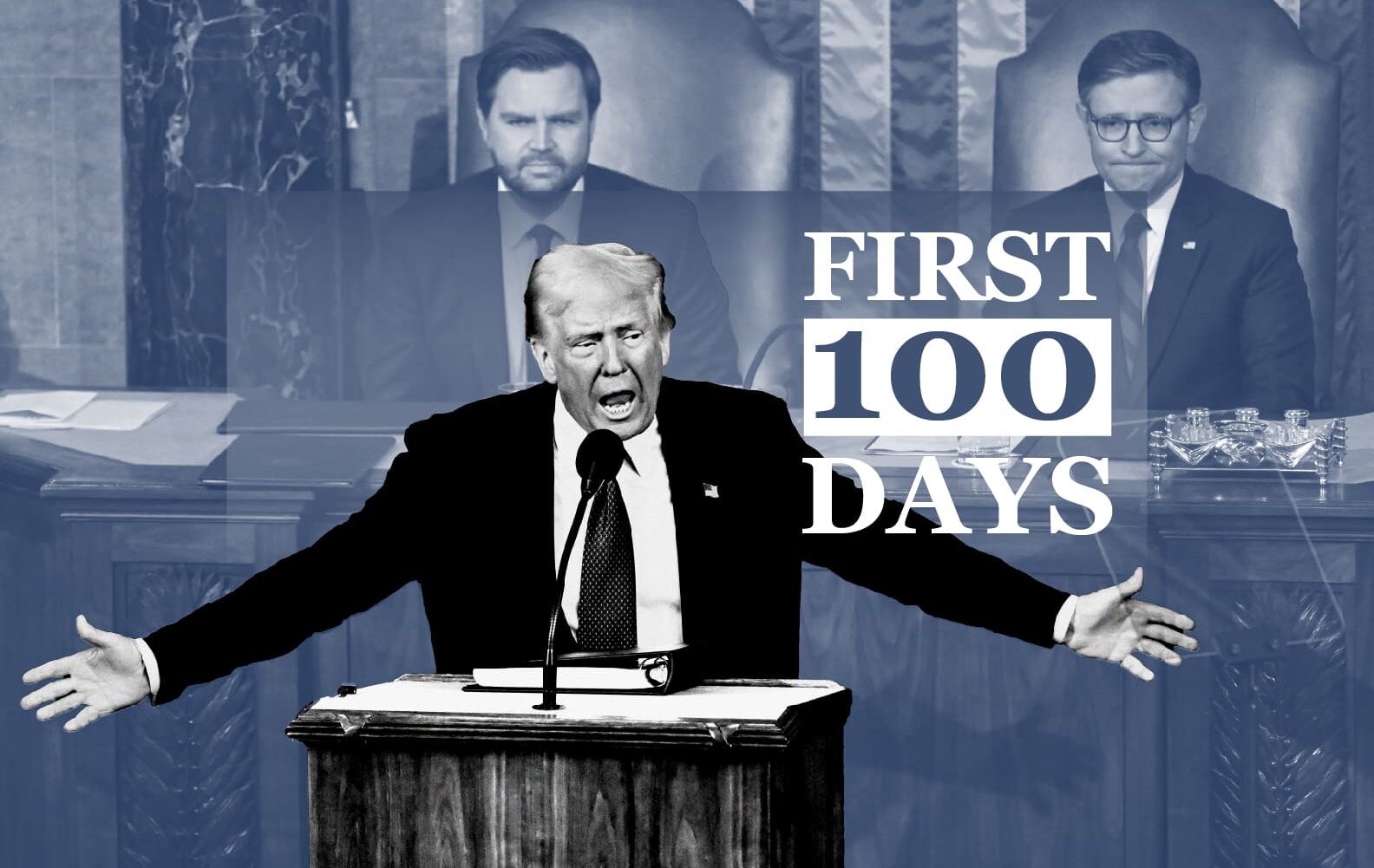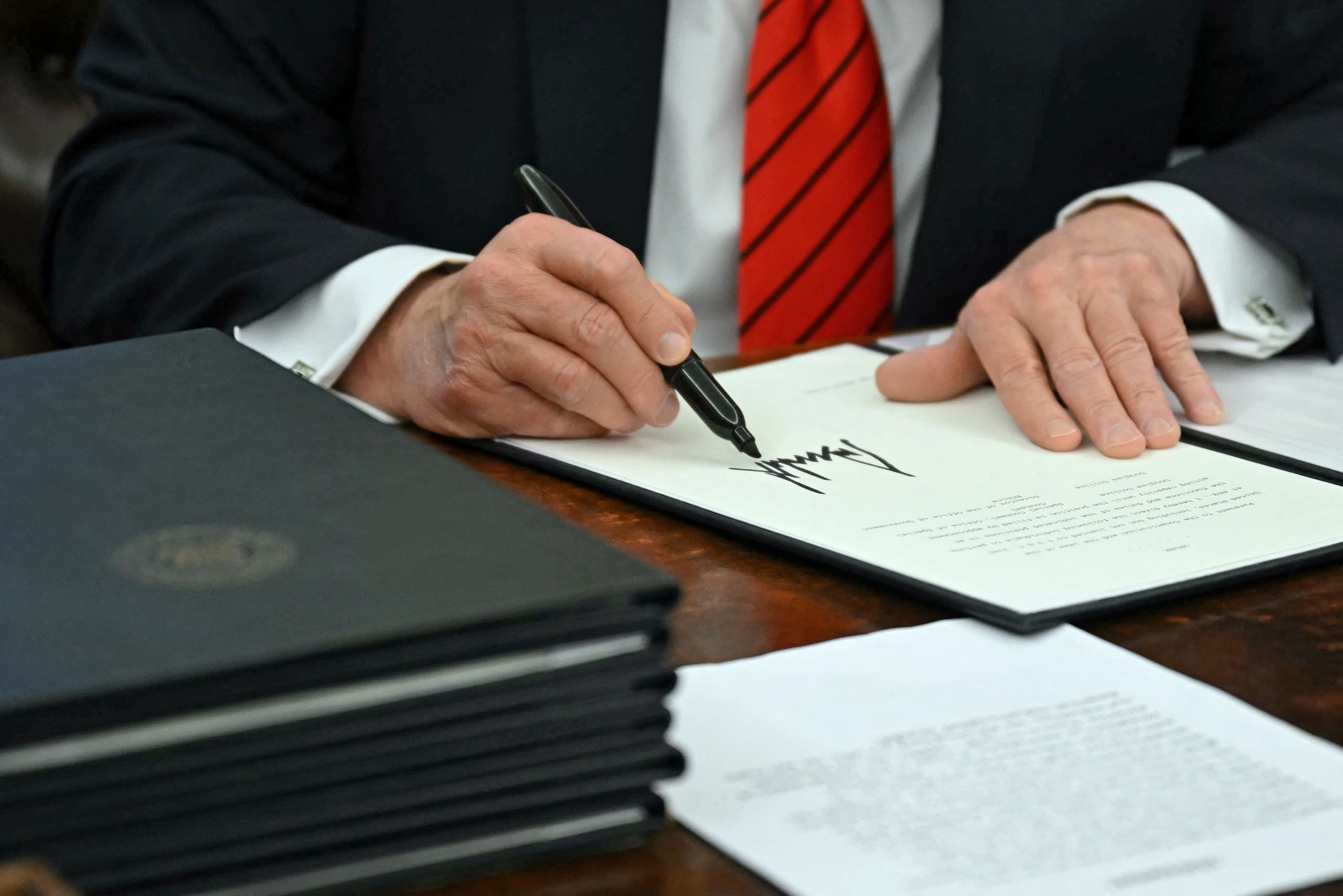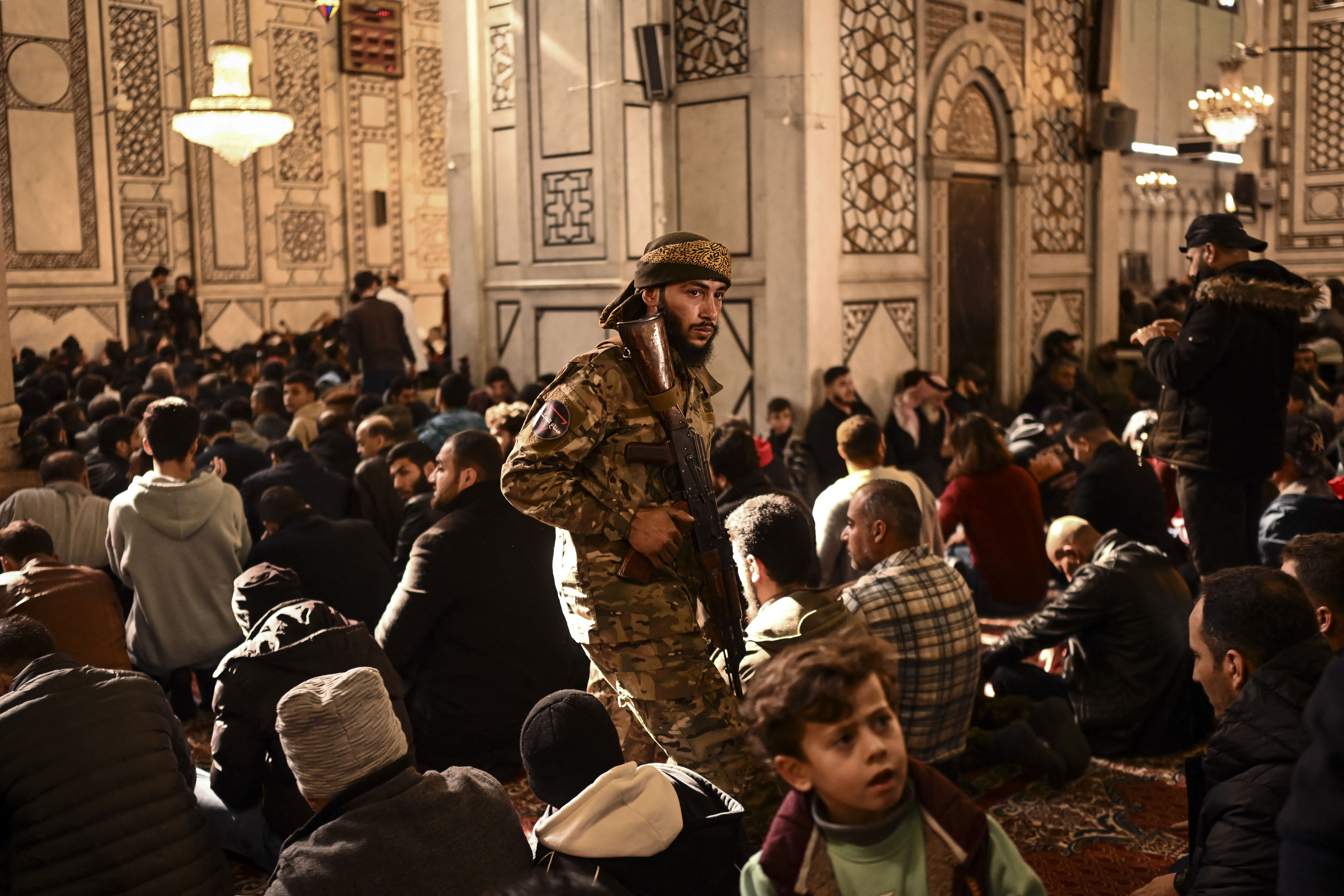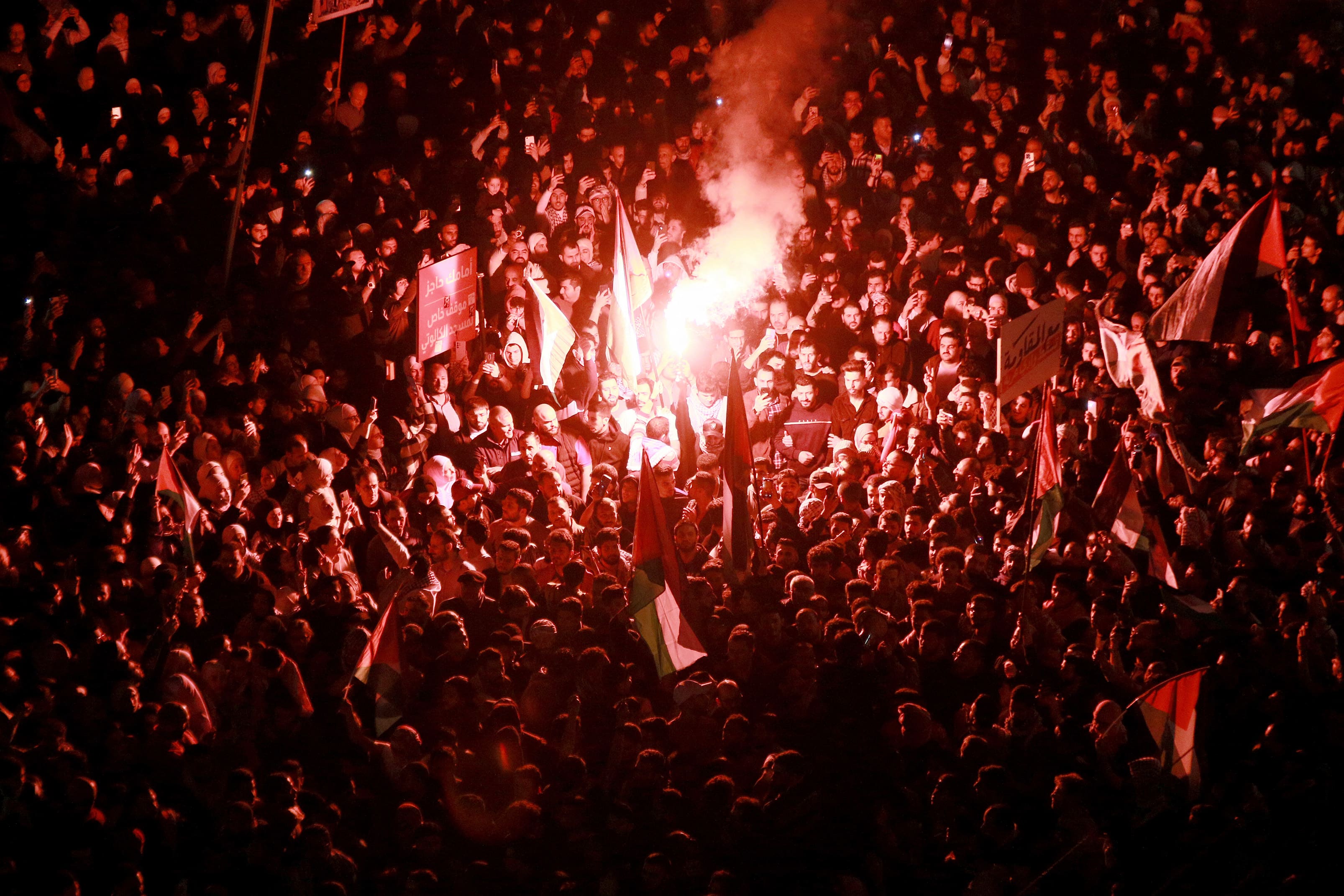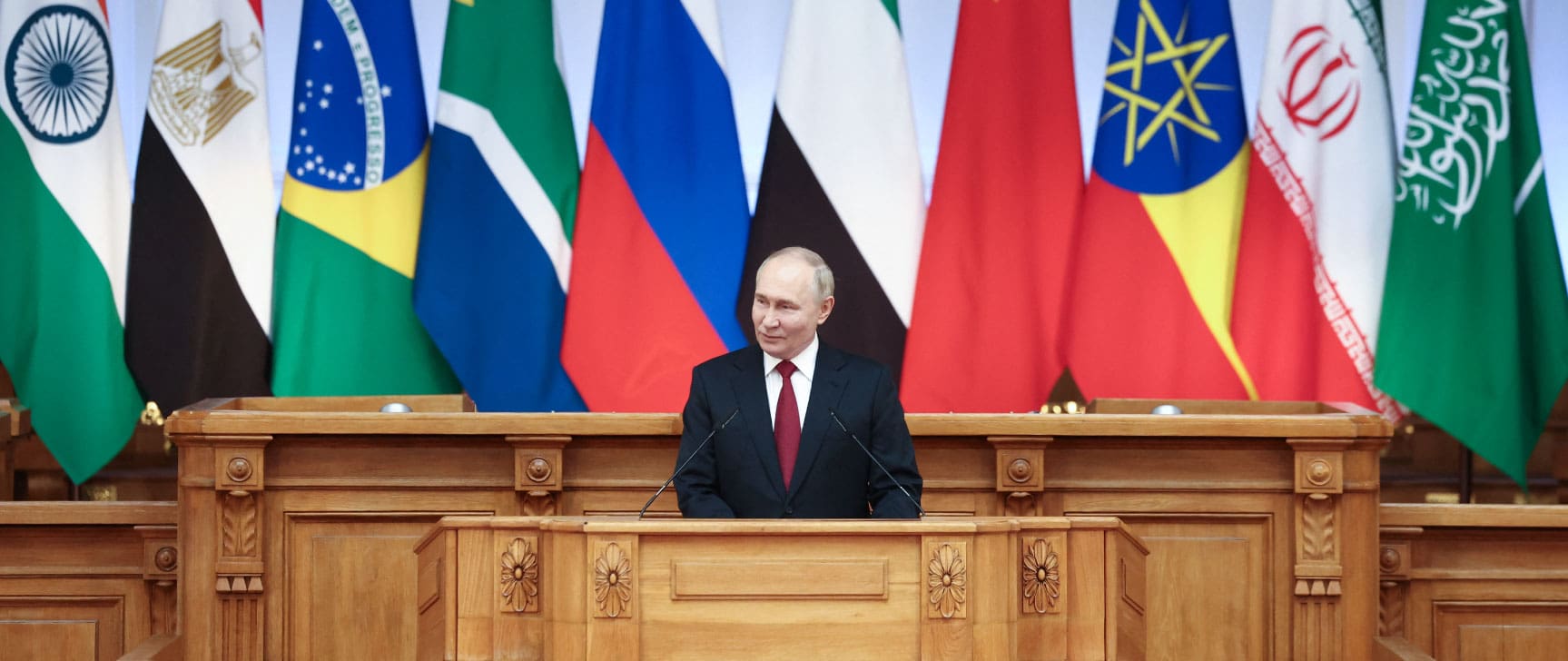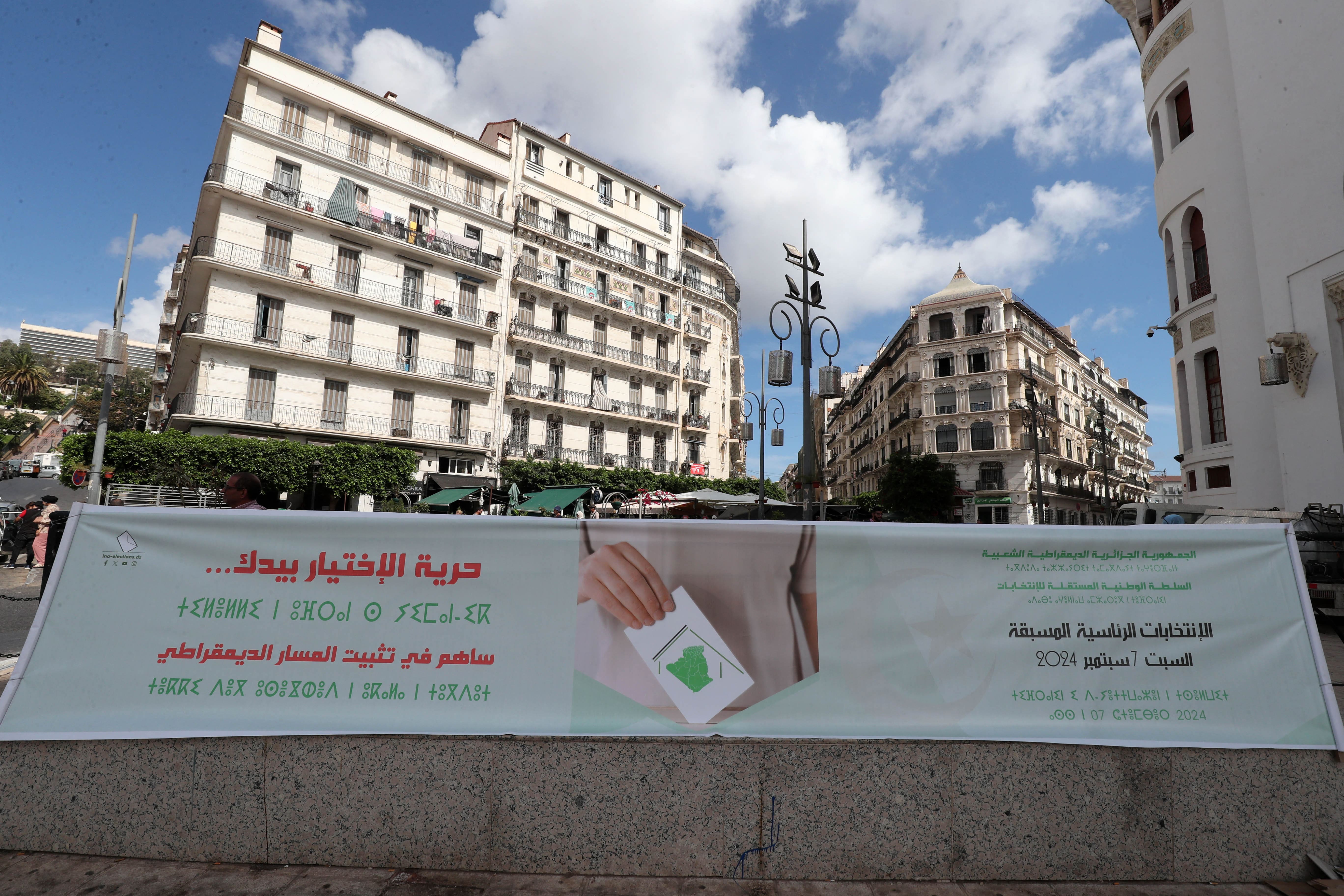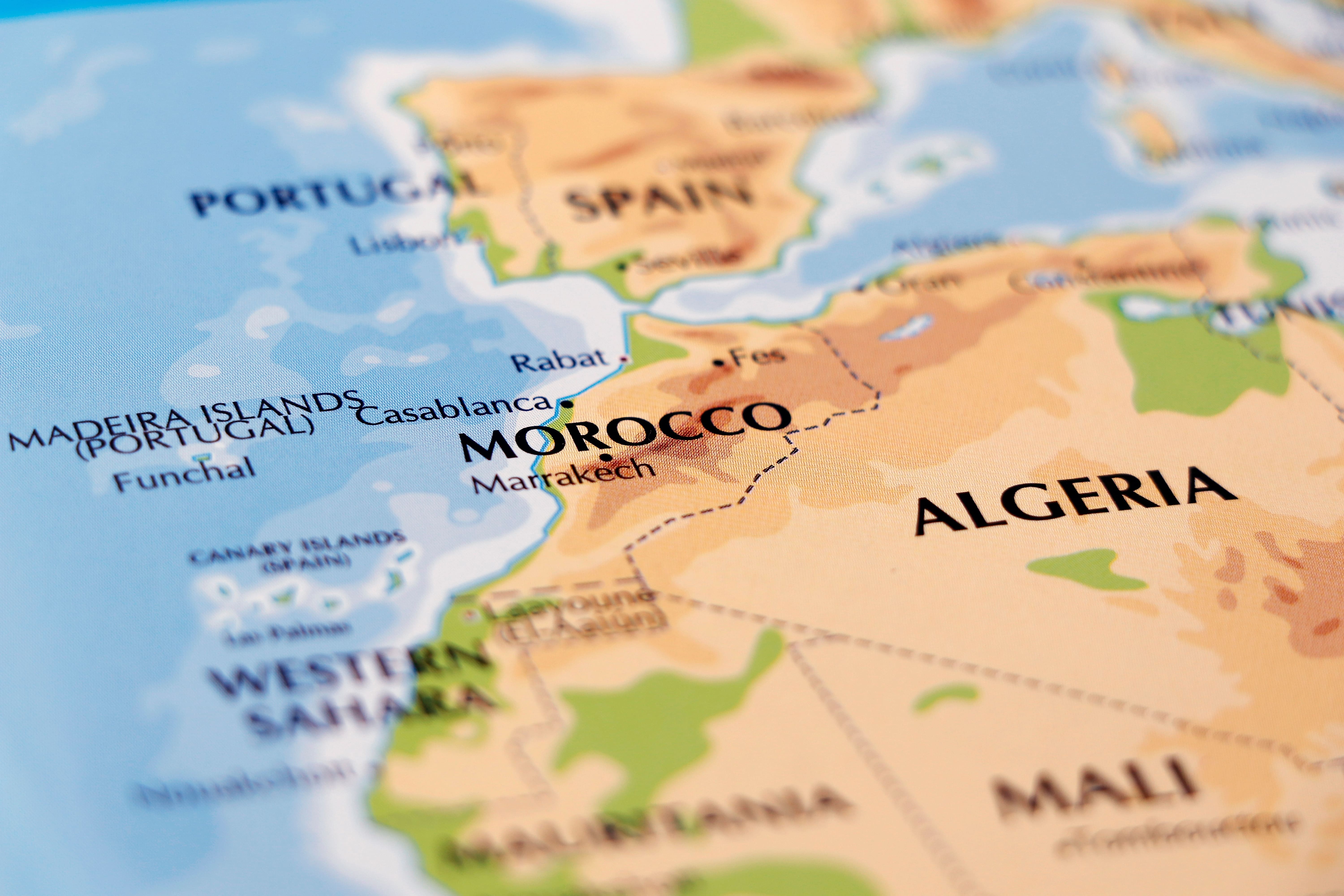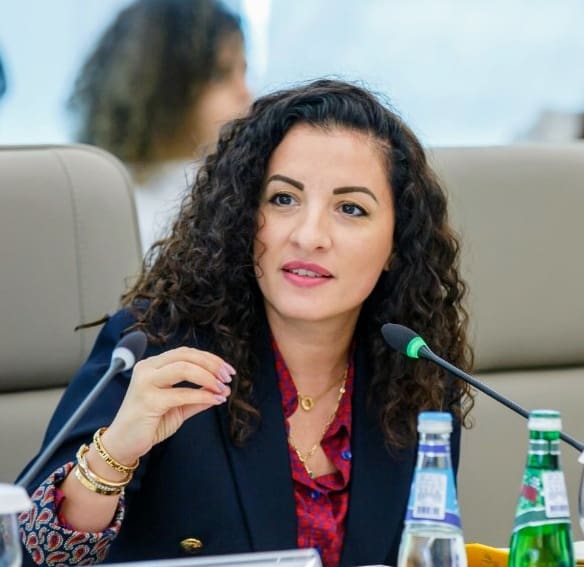
Dalia Ghanem
Senior Fellow and Program Director
Bio
Dalia Ghanem is a senior fellow and director of the Conflict and Security Program at the Middle East Council on Global Affairs. Her research focuses on Middle Eastern and North African politics, including issues of political violence, radicalization, civil-military relations, and gender studies.
Previously, Ghanem served as director of the MENA Program and senior analyst at the European Union Institute for Security Studies (EUISS), an EU agency, where her research focused on the intricate interplay between the Middle East, North Africa, and the European Union. Prior to her tenure at EUISS, Ghanem was a senior resident scholar at the Carnegie Middle East Center in Beirut, where she worked extensively on Algeria’s complex political, economic, and security landscape.
Ghanem is the author of the cornerstone book of her research, Understanding the Persistence of Competitive Authoritarianism in Algeria (Palgrave Macmillan, 2022). She has contributed to numerous scholarly publications, including How Border Peripheries Are Changing the Nature of Arab States (Palgrave Macmillan, 2023) and Russia Rising: Putin’s Foreign Policy in the Middle East and North Africa (I.B. Tauris, 2021). Ghanem’s recent analysis has been featured in publications such as Chaillot Paper, where she explored Türkiye’s global role, EU–North Africa relations, EU–Iraq relations, and China and India’s growing presence in the Maghreb. Ghanem is a member of the Africa Board of the Global Initiative Against Transnational Organized Crime (GI-TOC).
Ghanem’s analysis is featured in leading Arab and international media outlets, including The New York Times, The Washington Times, Al Jazeera, Middle East Eye, France 24, Le Monde, and the Financial Times, among others.
Research Areas
- Conflicts and Insecurity
- Political Islam
- State-Society Relations
- Civil-Military Relations
Countries of Focus
- Algeria
- Morocco
- Tunisia
- Lebanon
Other Areas of Interest
- Russia in the MENA
- China in the MENA
- EU-MENA relations
Education
- Ph.D., Political Science, University of Versailles-Saint-Quentin-en-Yvelines (UVSQ), 2011
- Master II, Political Science, University of Versailles-Saint-Quentin-en-Yvelines, 2008
- Master I, Political Science, University of Paris I, Panthéon-Sorbonne, 2007

